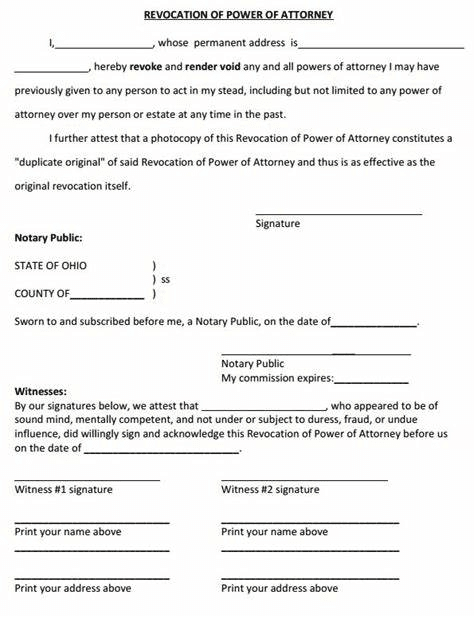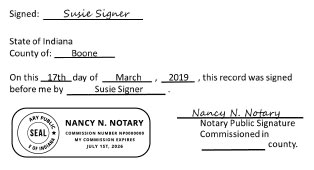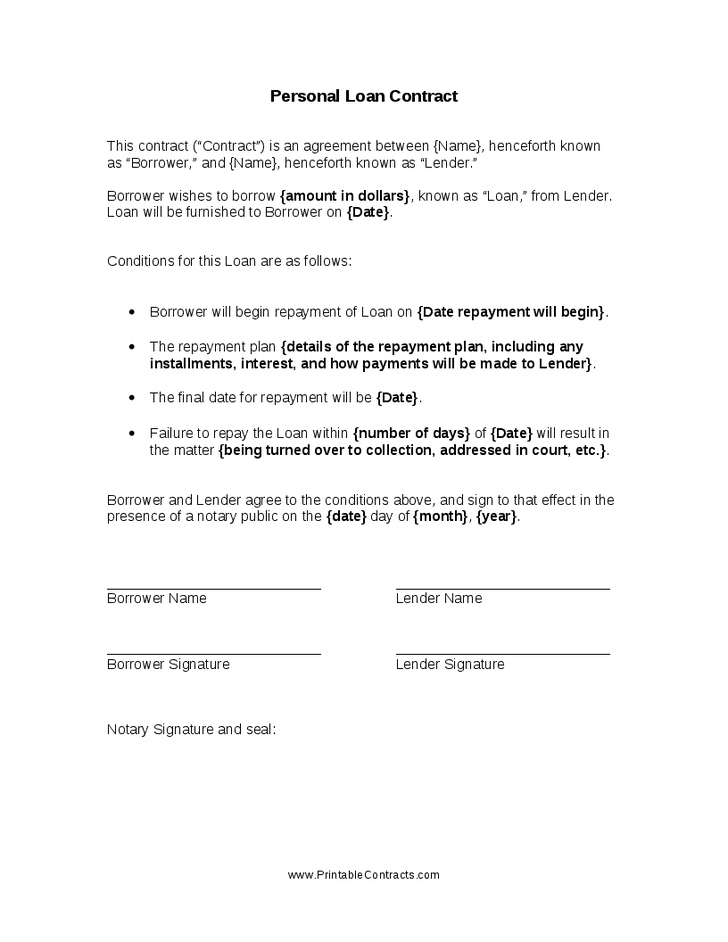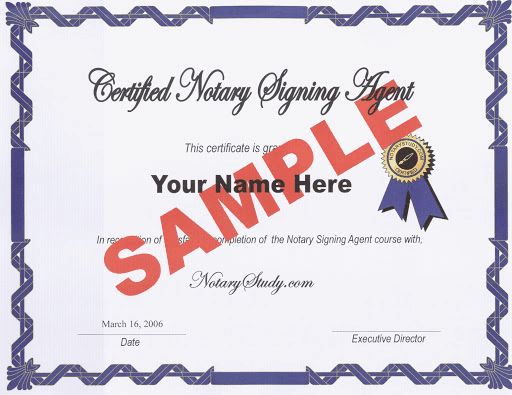Did you know that not all signing agents are notary publics, but not all notary publics are signing agents? It’s true: There are nearly 4.4 million notaries in the United States, and a good percentage of them are also loan signing agents.
A notary or signing agent’s services are often needed in companies and businesses. Whether it’s a corporate office, a bank, or a car dealership, having a notary on board who can verify and witness legal documents is essential to ensuring a smooth and operational workday.
But what’s the difference between a notary and a signing agent? Although they start on similar paths, they’re not the same thing: Notaries are there to verify identities and witness signatures, while signing agents are certified to walk borrowers through specific loan-signing documents.
The Difference Between Loan Signing Agents and Notary Publics
Here’s the difference: Loan signing agents are notary publics who are certified to assist the lender in guiding the borrower through their loan documents. They might help answer any questions the customer has about their loan, whether it’s for a vehicle, a home, or a business. Notary publics, on the other hand, don’t have that additional certification. That means notaries don’t have the ability or expertise to provide information to their customers, so their job is to only confirm the parties’ agreements and witness signatures for legal documents.
If you’re unsure whether your document or contract requires a notary public or an expert loan signing agent, then check out this quick guide on the difference between the two.
What Is a Notary Public?
A notary public is a public officer constituted by law who is certified to witness and confirm the signing of legal documents. When you work with a notary public, they will serve three important purposes:
Confirm the identities of the participating parties
Witness signatures between them
Sign off on the validity of the agreement

While notary publics are responsible for verifying identities and witnessing signatures, they’re also certified to administer oaths and affirmations as well as certify copies of essential documents. Some documents that a notary might sign off on include:
Financial:
Closing Documents
Property Deeds
Loan Documents
Legal:
Wills
Trusts
Custody Agreements
Powers of Attorney
Court Documents
Business:
Vendor contracts
Leases
Construction Agreements
Employment Contracts
You’ll notice that notary publics can witness loan signings, which might beg the question: What do loan signing agents do, then? While signing agents can also notarize loan documents, they can also walk the borrower through the process and the agreement.
How to Become a Notary Public
To become a notary public, you must first meet these primary guidelines:
Be at least 18 years old
Speak, read, and write English
Be a citizen of the United States

But even if you meet these qualifications, the process of becoming a notary public depends on your state. Some may require educational courses, written tests, and exams, while others require a single test to get certified. If you’re interested in becoming a notary, then be sure to check out your state’s requirements first.
What Is a Loan Signing Agent?
A loan signing agent (LSA) is a notary public with a certification level that allows them to guide the borrower through the loan process. All LSAs must become familiar with how the loan process works so that they can accurately assist the lenders in explaining the contract to the customer.

Since LSAs are certified to assist borrowers in closing loans and notarizing agreements, they are most prominent in the mortgage and real estate industries. But these agents might also specialize in several other industries and processes, including:
Seller Packages
Loan Modifications
Tax Loans
Refinance Loans
Purchase Loans
Equity Loans and Lines of Credit
Piggyback Loans
Reverse Mortgage Loans
Commercial Loans
Signing agents usually work at dealerships, banks, and mortgage loan companies, so they’re always available on-site. Still, it’s not uncommon for mobile LSAs to meet businesses and clients on the phone.
How to Become a Signing Agent
If you’ve ever taken out a loan for a car or a home, then you likely worked with an LSA. During the process, you probably had questions about the terms, length, interest, and total amount. A good LSA will answer any questions you have so that you completely grasp the agreement.
And, as an agent, it’s crucial that the customer can depend on you for accurate information. To become an LSA, you must know the ins and outs of the necessary loan documents and contracts. While the borrowers will thank you for your knowledge, your expertise will also be in high demand from lenders all over the state.

Becoming an LSA is an excellent profession or side job, but first, you must be a public notary. If you are already one, the next step is receiving additional training. You can attend training through legit associations, such as:
In-person seminars and workshops, or
Online courses or classes, or
Self-study guides and manuals
After studying for the exam, you can find a legitimate LSA test with professional notary associations, like the American Notary Association (ANA).
Why Would You Choose One Over the Other?
Choose a Notary Public if:
You live or work near a notary’s office.
You are not under time pressure.
You prefer lower-cost services without travel fees.
Your notarization needs are precise and straightforward.
Choose a Mobile Notary if:
You cannot travel because you are elderly, disabled, or hospitalized.
You are in the middle of closing a real estate transaction outside business hours.
You prefer a notary to come to your home or office.
You have a tight schedule and can’t spare time to drive around town.
Mobile Notaries are quite helpful in Placer County, given its rural towns and countryside, which make reaching a physical office extremely strenuous. At Placer County Notary Services, we’ve solved this problem by providing mobile services for clients in and around Auburn, Roseville, Rocklin, Lincoln, and other places on demand.
Common Misconceptions About Mobile Notaries
All right, let’s look at some misunderstandings about mobile notary services:
● They’re not a “different” type of notary
A Mobile Notary does not require any different certification or licensing. They are still a state-commissioned Notary Public who provides mobile services by choice.
● Mobile doesn’t mean online.
Mobile implies virtual, but contrary to what the term suggests, Mobile Notaries meet with clients face to face. If you require notarization services online, you will need a Remote Online Notary (RON). This is a separate service that facilitates notarization via video calls.
● They can’t offer legal advice.
Like traditional notaries, Mobile Notaries do not have the authority to interpret documents, explain their contents, or provide legal advice. They may witness signatures on documents and confirm identities’ authenticity.
Real-Life Scenarios: When a Mobile Notary Came to the Rescue
Here are a few real-life scenarios where assistance from a Mobile Notary proved to be incredibly valuable:
● An Urgent Real Estate Deal
A husband and wife from Rocklin wanted to buy a new house but could not leave work during regular business hours. A Mobile Notary met them at their office during lunch to notarize the closing documents. This allowed them to complete the deal without any delays or loss of time.
● Notarization at the Hospital
An elderly gentleman in Auburn had to complete a power of attorney while he was in the hospital. A Mobile Notary stopped by his hospital and made things very simple for his family because they no longer had to transport him to a Notary’s office.
● Jail Signings
An inmate in one of the local correctional facilities requires and is in need to sign legal documents. Placer County Mobile Notary, with proper clearance, can entered the facility and notarized documents onsite. A traditional notary cannot provide this type of service.
How to Book a Notary Service in Placer County?
Whether you require a simple in-office notarization or a flexible mobile appointment, Placer County Notary Services is always ready to help you. Booking a Notary service in Placer County is easy and involves the following steps:
Discuss your needs by calling or emailing us.
Select a date, time, and location that suits your schedule.
Make sure your ID and documents are ready before the meeting.
We will arrive on time, verify identities, witness signatures, and provide the official notary seal. From real estate professionals and attorneys to individuals and families, our team is trusted throughout Placer County for reliable, professional, and prompt notary services.
Don’t Waste Time Hunting for A Notary, Contact Us Now!
For individuals who require notarization services within Placer County and need flexible scheduling, consider our Mobile Notary services. For basic, uncomplicated notarial services, an office visit may suffice.
Placer County Notary Services understands this uniqueness and offers both options; we strive to ensure that you feel at ease and that your needs are met. Call us at (916) 790-6329 to make an appointment.
IN PERSON OFFICE VISIT IS BETWEEN 4:30 TO 6:30 PM (M-F)
Conclusion
Notary publics and loan signing agents are a crucial backbone to thousands of companies and individuals across the country. So, whether you’re taking out a loan for your house or need to notarize an important medical document, you’ll need access to a notary or LSA.The good news is that you can find the right person for the job at Placer County Mobile Notary Services. Best of all? Our certified agents will come to you—anytime, anywhere. They’ll also arrive prepared with your documents and even ship them out for you if necessary.So next time, skip waiting in line at your local government office or bank and browse through thousands of available agents near you today!


